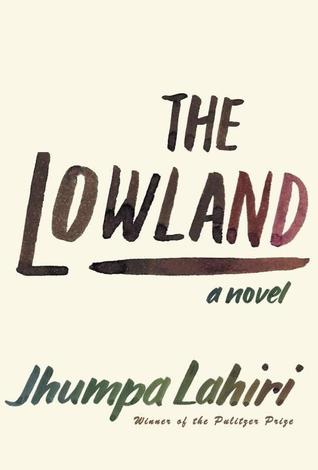The Lowland. A Novel. Jhumpa Lahiri. Random House India, 2013.
A priori The Lowland appears to be yet another novel about the immigrant experience, the alienation imposed by geography, the gut-wrenching loneliness of the expat, the numbing pain of losing loved-ones without being able to bid them a final adieu, the incomprehension caused by cultural translocation and the silence that is the migrant’s lot, a silence as deep as the bottom of oceans that separate continents.
A priori, that is. A closer reading of this book reveals a rich cast of characters whose diverse viewpoints do not detract from but actually move the story line resolutely forward towards its inexorable finale. The protagonists include a brother who devotes his life to the Maoist-inspired Naxalite movement in Bengal during the sixties leaving his older sibling to pick up the pieces after him; an elderly couple who lose all that renders their life meaningful; a mother who gives up her child because she cannot bear the burden of a long-held secret; a daughter who produces a grand-child setting things right and last, but not least, the healing loveliness of Rhode Island.
Jhumpa Lahiri was born in England and raised in the United States but she draws her inspiration from her tangled roots in the mangroves of Bengal. Her oeuvre, however, is not limited to contrasting two separate worlds but rather focuses on the universality of the human condition. Lahiri’s use of language is so parsimonious as to make the reader doubt her existence creating the illusion that the characters stand alone. But they do not. Without Jhumpa Lahiri’s elegant authorial voice, they would simply be lifeless.
The Lowland was longlisted for the Man Booker Prize 2013.
